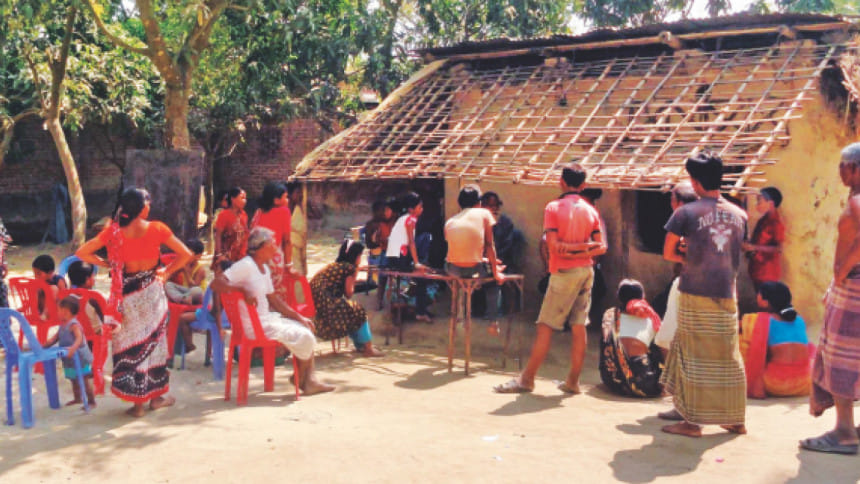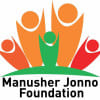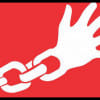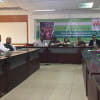MJF survey on violence

A recent study by Manusher Jonno Foundation gave this perception a statistical foundation as it tracked incidents of violence and harassment in 2016 and came to the conclusion that around 60 percent members of the surveyed communities had experienced different forms of violence twice last year. On average, members of 33.9 percent households became victims of physical violence. The survey involved 16 communities in 18 districts but it is reasonable to think that other communities facing marginalisation—because of their religion, ethnicity, gender, occupation, and physical condition—in other districts are more or less exposed to violence, discrimination, exclusion, and rights violation.
Bangladesh needs to seriously consider how its minorities are being treated, and instead of looking at the big picture, address the problems faced on a daily basis. We boast of our diversity, but seem unwilling to do what's necessary for the society to be truly pluralistic in which diverse opinions, beliefs and conditions will be tolerated and respected. The religious and ethnic minorities are especially in danger, as some recent events have proved. Just a few weeks ago, more than 30 homes belonging to Hindu families in Rangpur were ransacked and looted over a rumoured Facebook post.
The violence and threats generally faced by the minorities and our overall records in human rights should be addressed as a matter of urgency. We cannot lecture other countries on human rights violations when we have violations taking place right in our backyard. The government should urgently address the issues behind these problems and take steps accordingly.

 For all latest news, follow The Daily Star's Google News channel.
For all latest news, follow The Daily Star's Google News channel. 








Comments